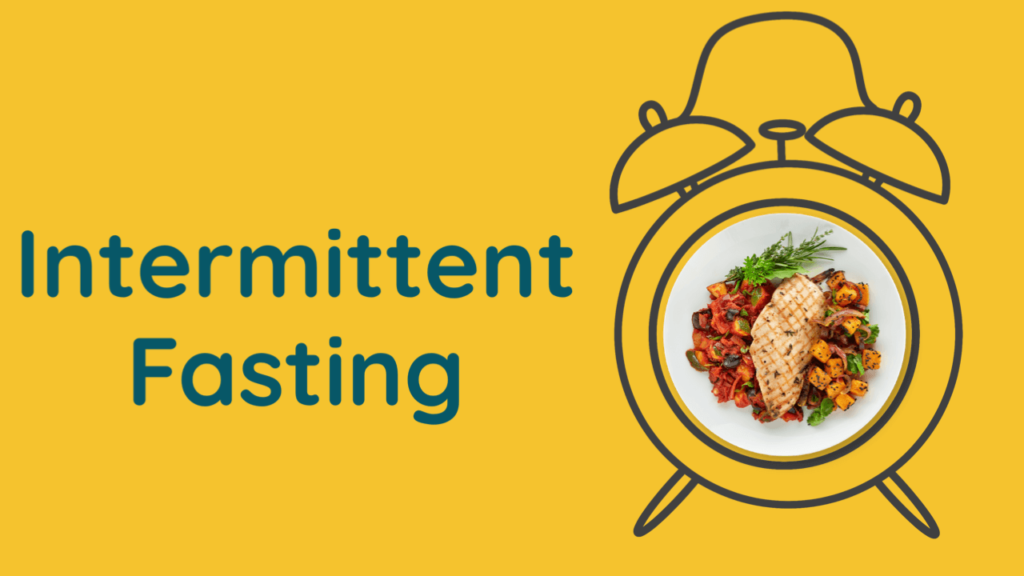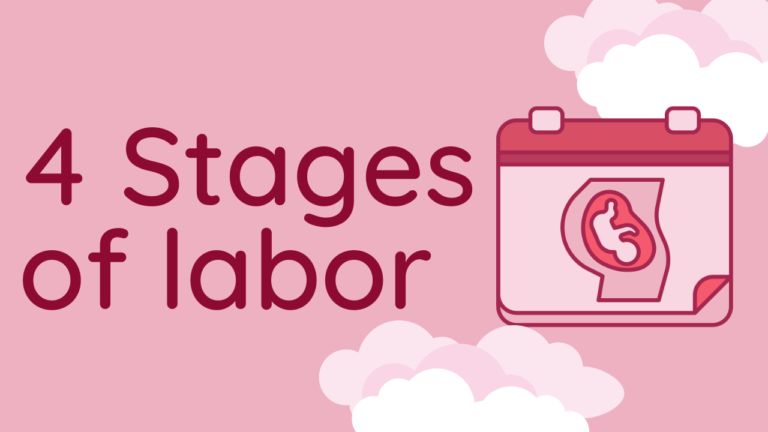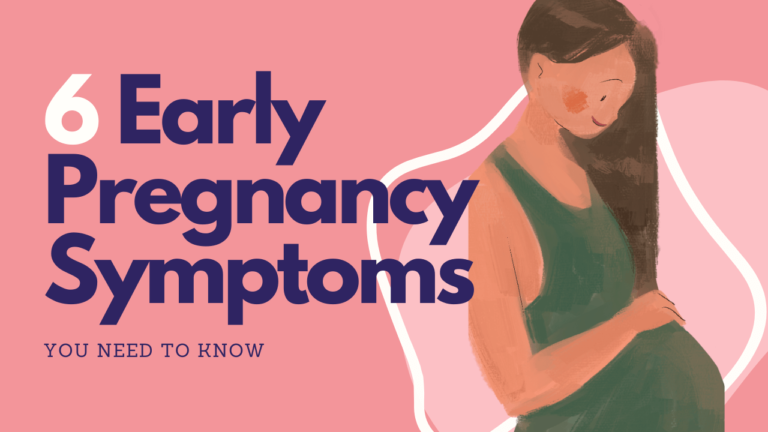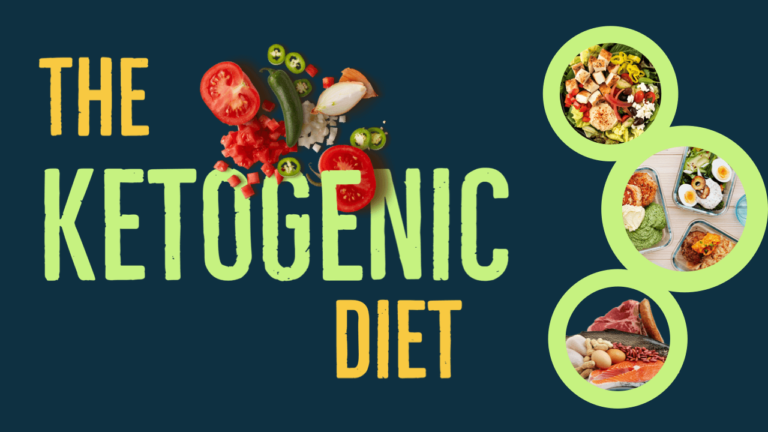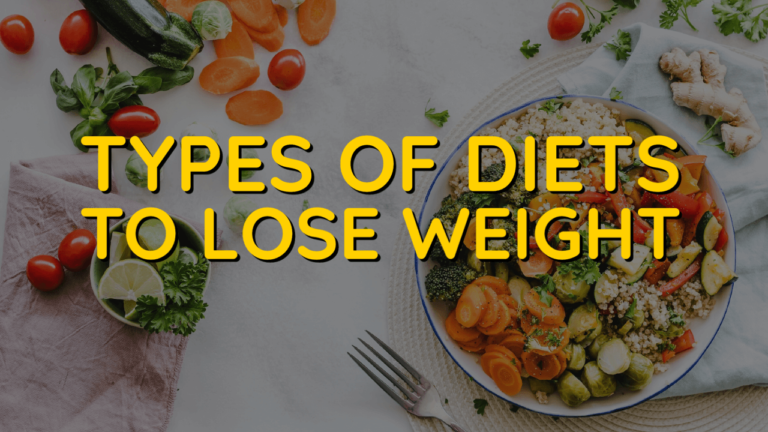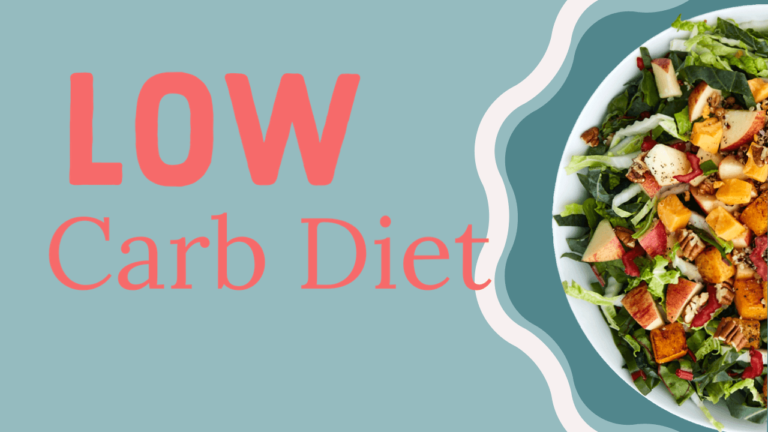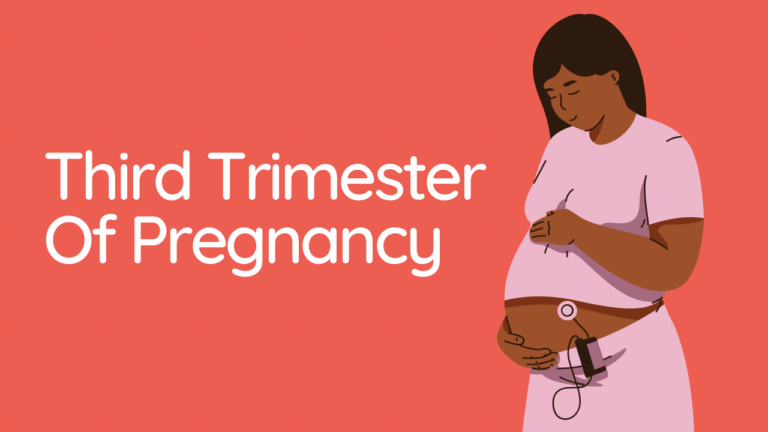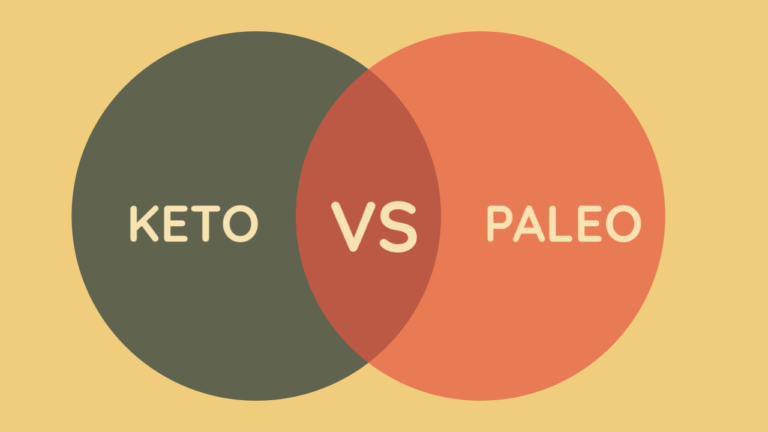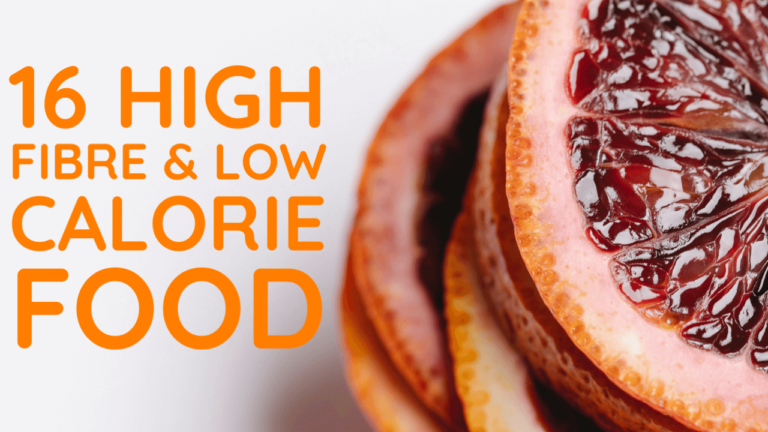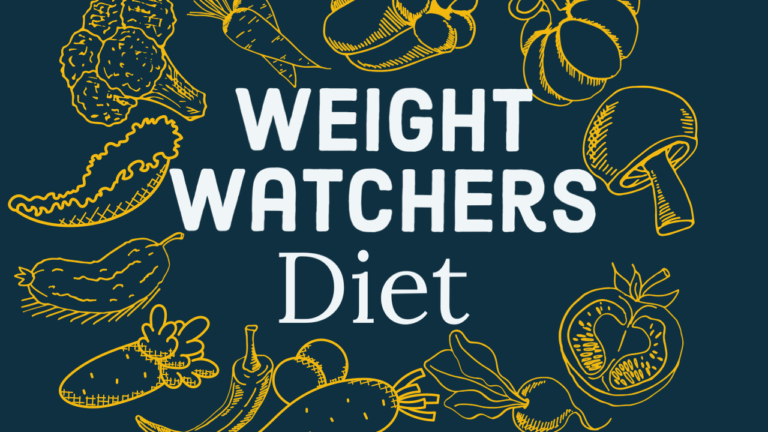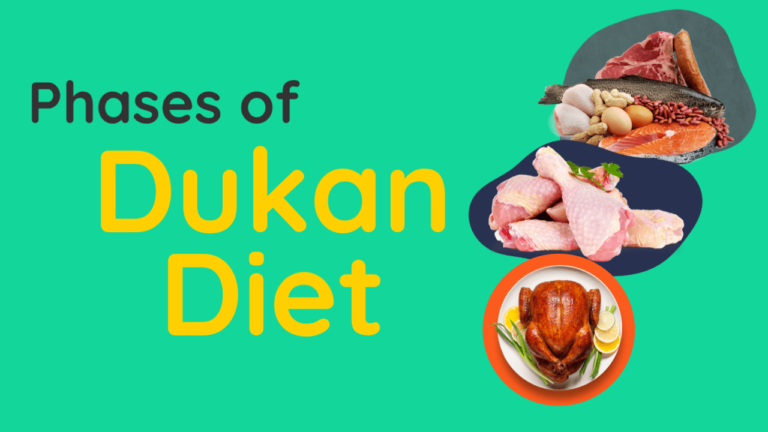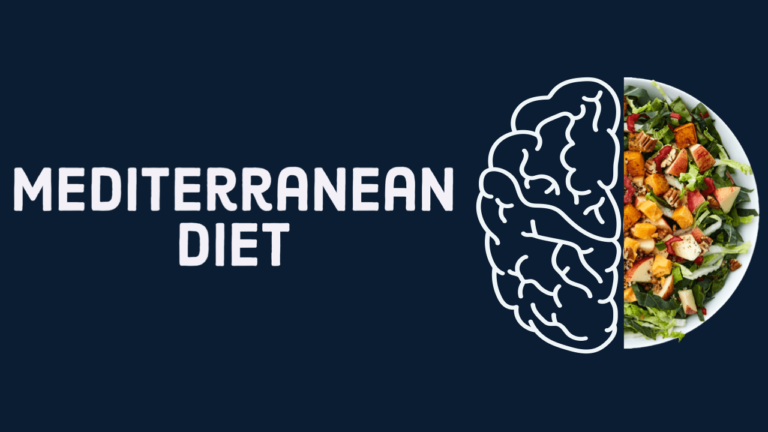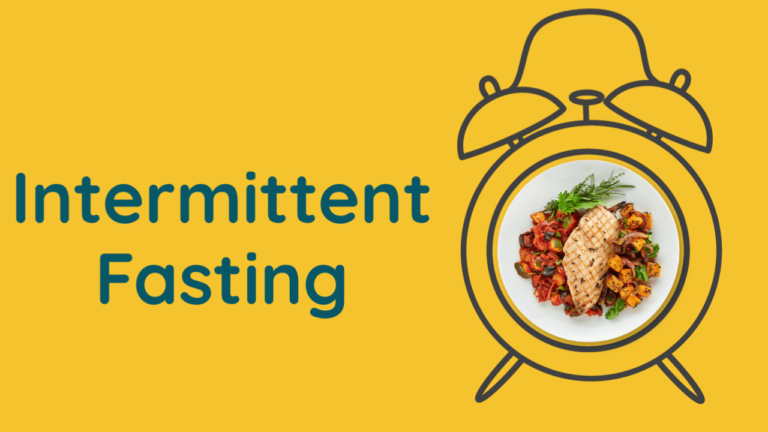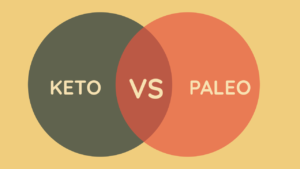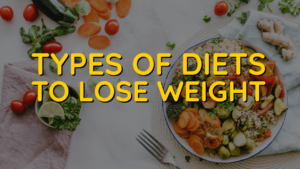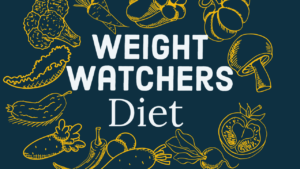Intermittent fasting is now a day a very popular diet plan among youngsters to achieve their health, wellness and weight loss goals. But what exactly is this diet, and what are its benefits? In this article, we will explore the different types of intermittent fasting and the benefits that have been associated with this eating pattern.
What is Intermittent Fasting (IF)?
This diet is an eating pattern that involves alternating periods of eating with periods of fasting. During the fasting periods, you limit or completely eliminate calorie intake. The goal is to create a calorie deficit, which can lead to weight loss and other health benefits.
Types of Intermittent Fasting
Intermittent fasting types are several, each with its own unique approach to fasting and eating. Some of the most popular types include:
The 16/8 Method:
Intermittent fasting 16/8 involves fasting for 16 hours and eating within an 8-hour window. This is one of the most popular types of intermittent fasting and is easy to stick to.
The 5:2 Diet:
This involves eating normally for five days a week and restricting calorie intake to 500-600 calories for the other two days.
Alternate-Day Fasting:
This involves alternating between fasting and non-fasting days. On fasting days, you eat very little or nothing at all.
Benefits of Intermittent Fasting
Intermittent fasting has been associated with a variety of health benefits, including:
Weight loss: It can help you lose weight fast by creating a calorie deficit and reducing your overall calorie intake.
Improved insulin sensitivity: It has been shown to improve insulin sensitivity, which can help lower your risk of type 2 diabetes.
Foods that come with this diet plan are the best food to lower blood sugar fast. Foods including this diet are know to be the food to lower blood sugar fast.
Increased mental clarity: Fasting has been shown to improve mental clarity, focus, and concentration.
Improved heart health: It has been associated with improved heart health, including lower blood pressure and cholesterol levels.
Reduced inflammation: This diet has been shown to reduce inflammation, which can help lower your risk of chronic diseases.
Versatile and flexible eating pattern that can be adapted to fit your individual needs and lifestyle. Whether you are looking to lose weight, improve your health, or simply try something new, intermittent fasting may be a great option for you.
Drawbacks Of Intermittent Fasting
Here are some of the potential drawbacks of IF:
Hunger: It can lead to feelings of hunger and low energy levels, especially during the fasting periods.
Difficult to Maintain: It can be challenging to maintain for extended periods of time, as it requires strict adherence to the fasting schedule.
Poor Performance: It may affect athletic performance and result in decreased energy levels and decreased endurance.
Stress on the Body: It can place stress on the body and lead to negative health effects, such as increased cortisol levels, oxidative stress, and decreased immune function.
Nutrient Deficiencies: This diet can result in nutrient deficiencies, as certain vitamins and minerals are only absorbed during feeding periods.
Unsuitable for Certain Populations: IF may not be suitable for certain populations, such as pregnant women, children, and individuals with certain medical conditions, such as diabetes.
Binge Eating: IF can lead to binge eating and overeating during non-fasting periods, which can negate any potential benefits.
It is important to note that it is not for everyone and should be approached with caution, as it may not be appropriate for everyone’s needs and goals. Before starting an Intermittent Fasting regimen, it is recommended to consult with a healthcare professional to determine if it is a safe and appropriate choice for you.
Who Should Avoid Intermittent Fasting
Following are the conditions to avoid Intermittent Fasting:
Pregnant Women: Pregnant women should avoid, as it may affect the development of the fetus and lead to nutrient deficiencies.
Children: Children should not practice IF, as their bodies are still growing and developing, and they require a consistent intake of nutrients.
Individuals with Eating Disorders: It can trigger or worsen disordered eating patterns and may not be appropriate for individuals with a history of eating disorders.
Individuals with Low Blood Sugar: IF can cause low blood sugar levels, which can be dangerous for individuals with conditions such as hypoglycemia.
Individuals with Chronic Illnesses: Intermittent Fasting may not be appropriate for individuals with chronic illnesses, such as diabetes, as it can affect blood sugar control and lead to negative health effects.
Individuals on Medications: Intermittent Fasting may affect the absorption and efficacy of certain medications, and individuals taking medications should consult with their healthcare provider before starting an Intermittent Fasting regimen.
Elderly Individuals: Intermittent Fasting may not be appropriate for elderly individuals, as they may have decreased energy levels and may require a consistent intake of nutrients.
It is always recommended to consult with a healthcare professional before starting an Intermittent Fasting regimen, as it may not be appropriate for everyone’s needs and goals.
Conclusion
Intermittent fasting is a popular and effective way to improve your health and achieve your weight loss goals. With its many benefits and versatile types, there is sure to be an approach to intermittent fasting that will work for you. Try incorporating this eating pattern into your lifestyle today and see the benefits for yourself!
FAQs
1. Can I eat anything at the eating interval?
No, it is important to choose nutrient-dense, whole foods during your eating window to ensure that you are getting the nutrients your body needs to thrive.
2. How quickly will I see results from intermittent fasting?
The speed at which you see results will vary depending on your starting point and the method of intermittent fasting that you.
3. Is it safe for everyone to practice intermittent fasting?
While intermittent fasting is generally considered safe for healthy individuals, it may not be appropriate for everyone, especially for those with certain medical conditions such as pregnant women, people with a history of eating disorders, and those with low blood sugar.
It is always best to speak with a healthcare provider before starting any new diet or eating pattern.
4. Can I drink calorie-containing beverages during my fasting periods?
Drinking calorie-containing beverages such as coffee with sugar or flavored latte can break the fast and negate the benefits of the diet. It is recommended to stick to water, tea, and other zero-calorie beverages during fasting periods.
5. Is it okay to exercise during fasting periods?
Yes, it is okay to exercise during fasting periods. In fact, some research suggests that exercising during fasting periods can lead to increased fat loss and improved insulin sensitivity. However, it is important to listen to your body and not push yourself too hard if you are feeling low on energy.
6. What should I eat during my eating window?
It is recommended to focus on nutrient-dense, whole foods such as fruits, vegetables, whole grains, lean protein, and healthy fats. Avoid processed foods, sugary drinks, and excessive amounts of refined carbohydrates.
7. How do I know which method of intermittent fasting is right for me?
The best method for you will depend on your individual goals, lifestyle, and dietary needs. It is important to experiment with different methods and find what works best for you.
Start with a method that is more moderate, such as the 16/8 method, and gradually work your way up to more advanced methods as you become more comfortable with the diet.


